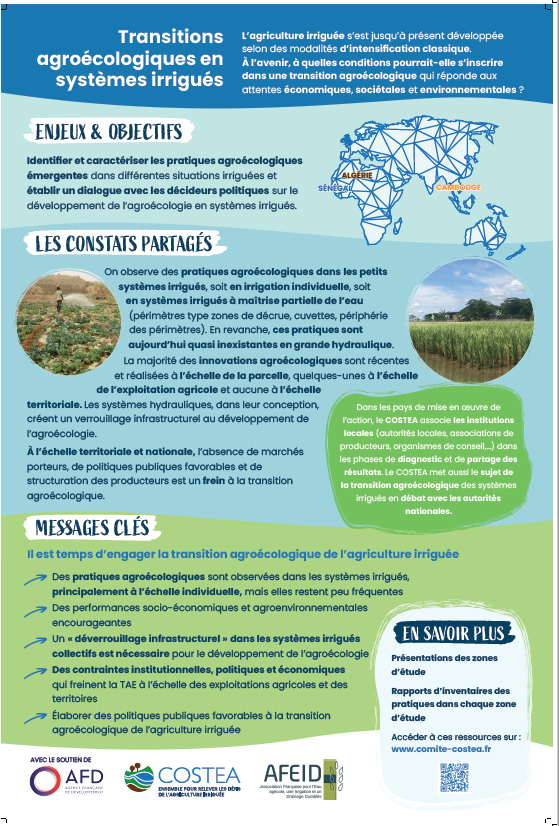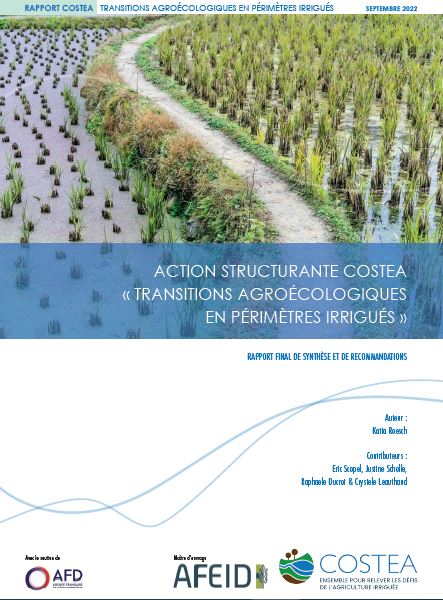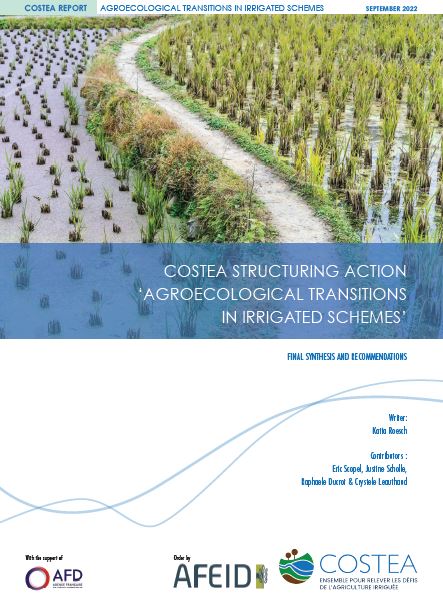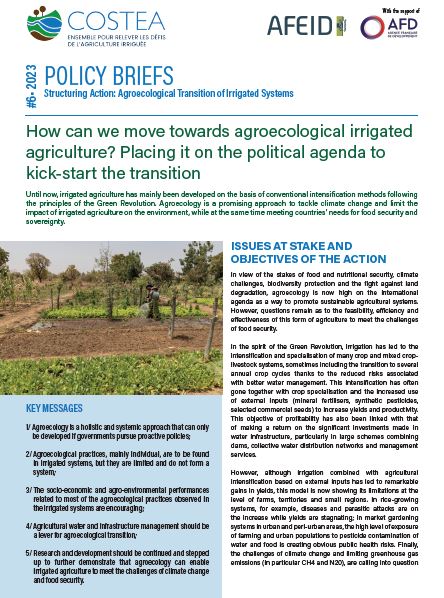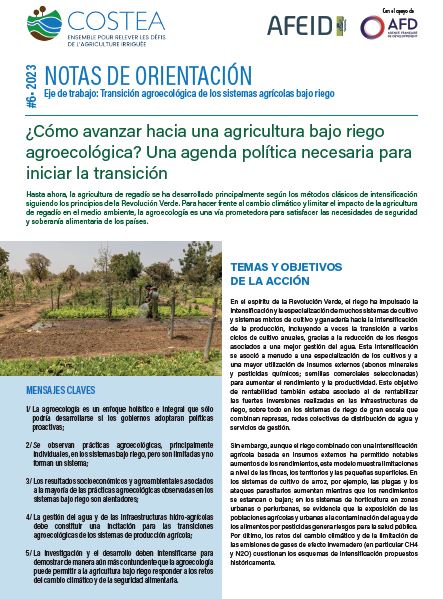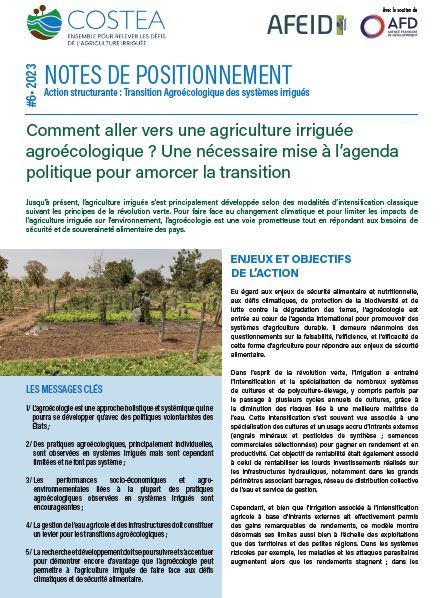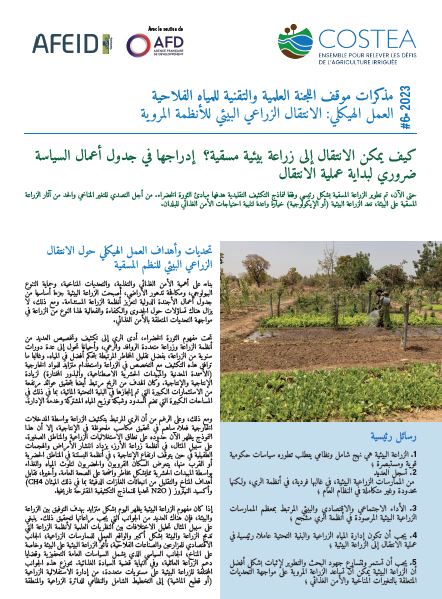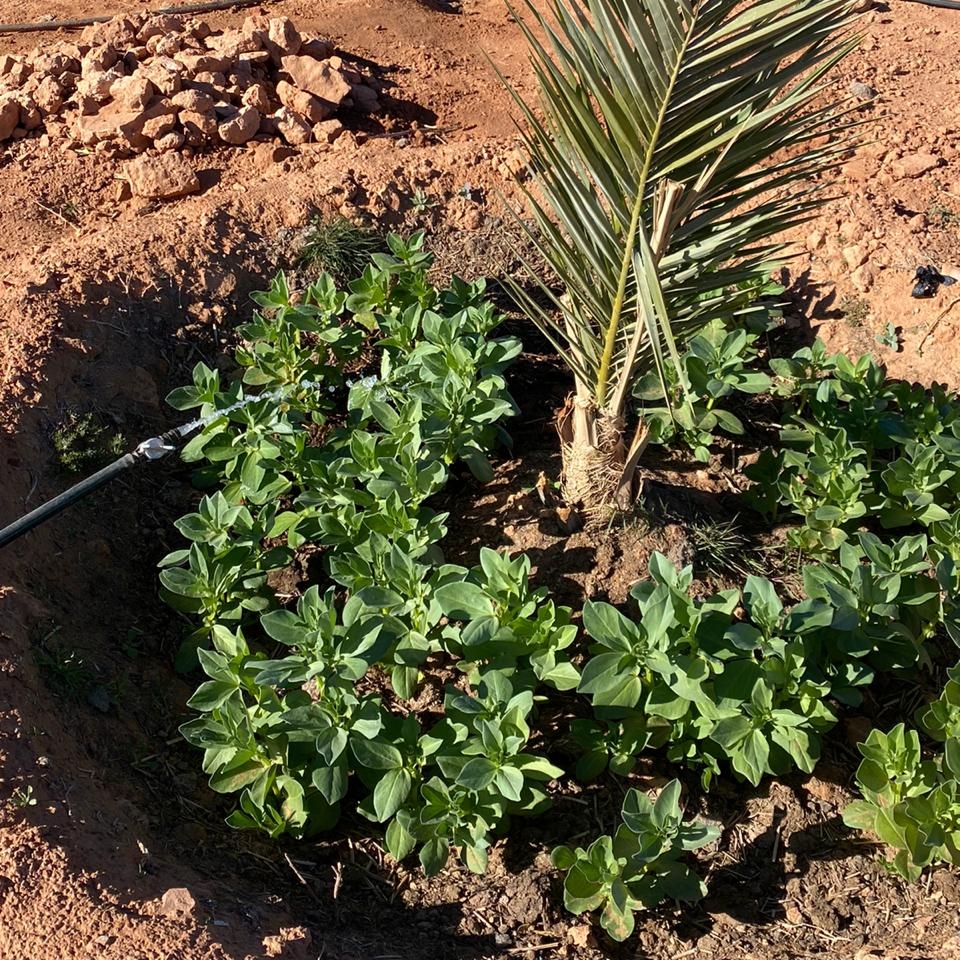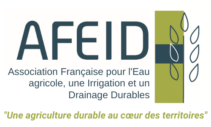Agroecological transitions in irrigated systems
Our main publications
Click on the images to download the final report with recommendations and the action poster
Why agroecological transitions in irrigated systems?
Irrigation is promoted for having higher productivity than rainfed agriculture. Productivity depends on the use of chemicals, which is increasingly called into question for its impacts on public health and the environment. This dependence can also lock farmers into a cycle of debt.
It is a matter of reinventing agricultural approaches and practices with a view to environmental sustainability.
What do we do?
Through our actions in the field and our workshops, we aim to promote the development of agroecological practices in irrigated schemes.
To do this, we inventory and characterise the agroecological practices employed in irrigated systems, and measure their socio-economic and agro-environmental impacts and performances. We analyse the conditions for success and factors that block agroecological transitions.
Our areas of action and focus are the Maghreb, South-East Asia and West Africa.
Cette action, lancée en Septembre 2020, a été confiée au groupement AVSF/GRET/CARI/CIRAD et s’est achevée Octobre 2022.
FURTHER READING
Preparatory documents of this action:
Deliverables produced by this action:
- Inception Report, Annex 1 and Annex 2
- Framework Paper of Regional Consultation
- Cambodia Presentation (in French)
- Algeria Presentation (Mitidja) (in French)
- Algeria Presentation (Mzab) (in French)
- Senegal Presentation (in French)
- Inventory and practices - Algeria (N'Tissa) (in French)
- Inventory and practices - Algeria (Mitidja) (in French)
- Inventory and practices - Cambodia (in French)
- Inventory and practices - Senegal (Mboro) (in French)
- Inventory and practices - Senegal (Guede) (in French)
- Inventory and characterisation of agroecological practices in irrigated systems (in French)
- Synthesis of inventories and agroecological practices (in French)
Another useful link: Agroecology: methods to assess its development conditions and effects (in French)


